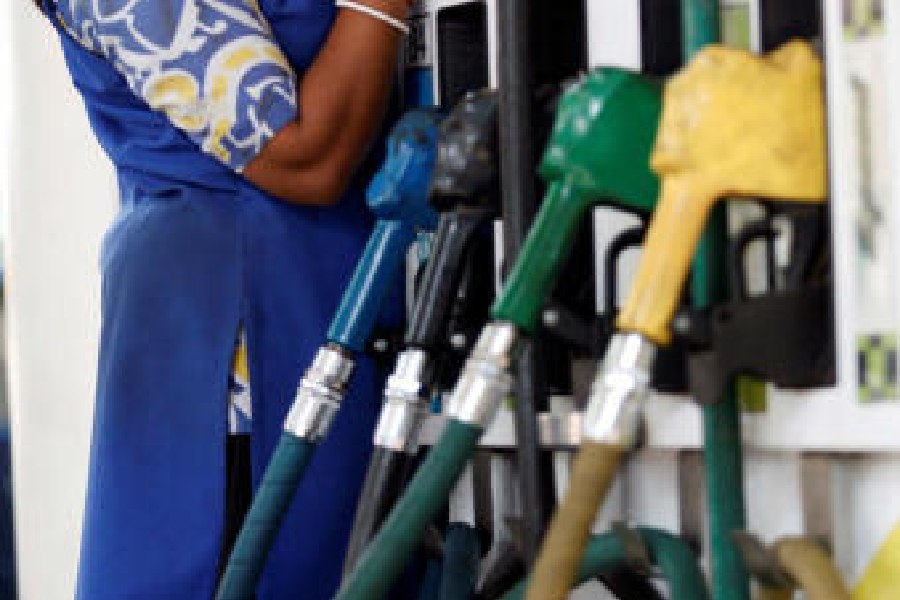Falling crude oil prices have triggered demand for a cut in petrol and diesel prices even as economists have warned this is a sign of a global slowdown, which will hurt the Indian economy.
Fuel prices were last reduced in March by ₹2 a litre ahead of the general elections.
Trinamool Congress leader Derek O’Brien on Monday questioned why petrol prices in India are not decreasing despite a decline in global crude oil prices.
In a post on X, the Rajya Sabha MP said the crude oil prices have come down around 24 per cent in last 10 years, but petrol price in India has gone up 30 per cent.
Congress president Mallikarjun Kharge accused the Bharatiya Janata Party (BJP)-led central government of “fuel loot.” Despite a 32.5 per cent reduction in global crude oil prices, fuel prices in India remain high, he said.
Oil and gas secretary Pankaj Jain said last week that oil companies will consider a price cut if global crude prices remain low for an extended period.
Sonal Varma, an economist at Nomura, said oil prices offer “two-sided risks” to India’s economic outlook. She said Nomura has lowered the GDP growth forecast to 6.7 per cent from 6.9 per cent and reduced its estimate for CPI inflation to 4.1 per cent from 4.4 per cent.
While lower oil prices could ease inflationary pressures, downside risks remain due to weaker global growth.
Madan Sabnavis, chief economist at Bank of Baroda, held similar views.
He while the dip in crude prices — Brent crude fell below $70 per barrel earlier this week for the first time since December 2021 — offers short-term relief to consumers, it also reflects a slowdown in the global economy.
This could have broader repercussions on India, which relies on oil imports to meet the bulk of its energy needs.
In FY24, India’s oil imports accounted for $180 billion of the total $675 billion in imports, and lower prices are expected to provide some stability to the rupee, which has been trading just below ₹84 against the dollar.
Sabnavis pointed out the impact of falling crude prices on inflation will depend on how much of the decline is passed on to consumers. While market-driven fuel products such as aviation turbine fuel (ATF) should see price reductions, petrol and diesel prices are subject to government decisions.
The government’s fuel subsidy bill, particularly for LPG and fertilisers, could also benefit from the lower oil prices, helping to stabilise wholesale price inflation.











